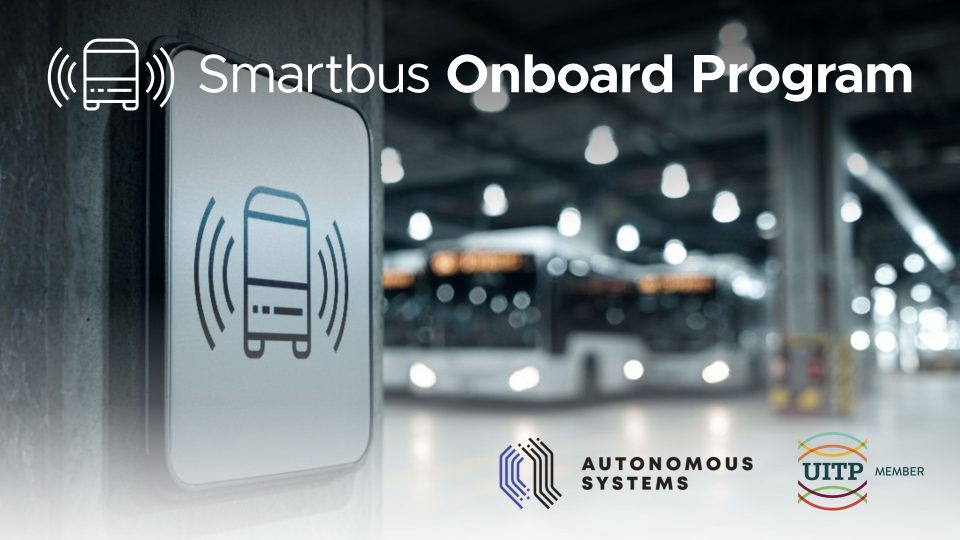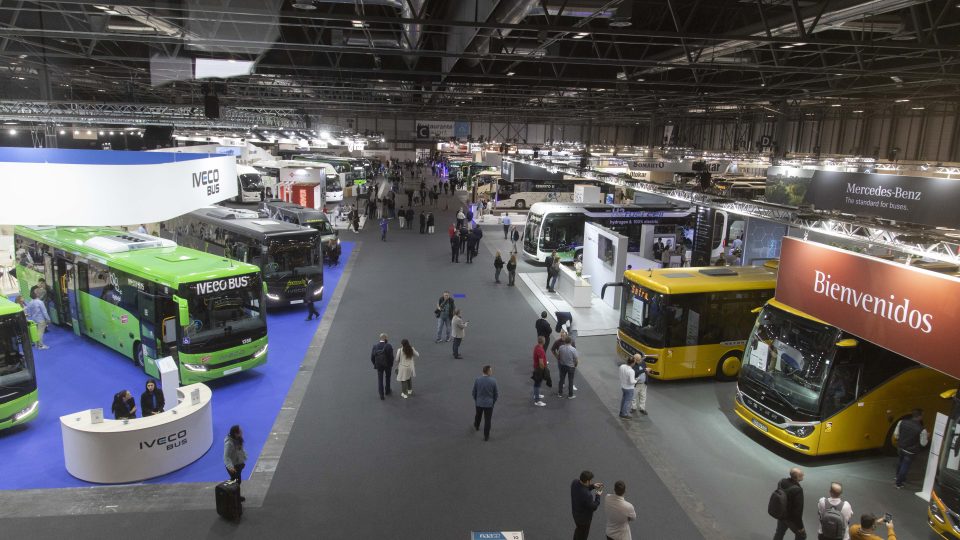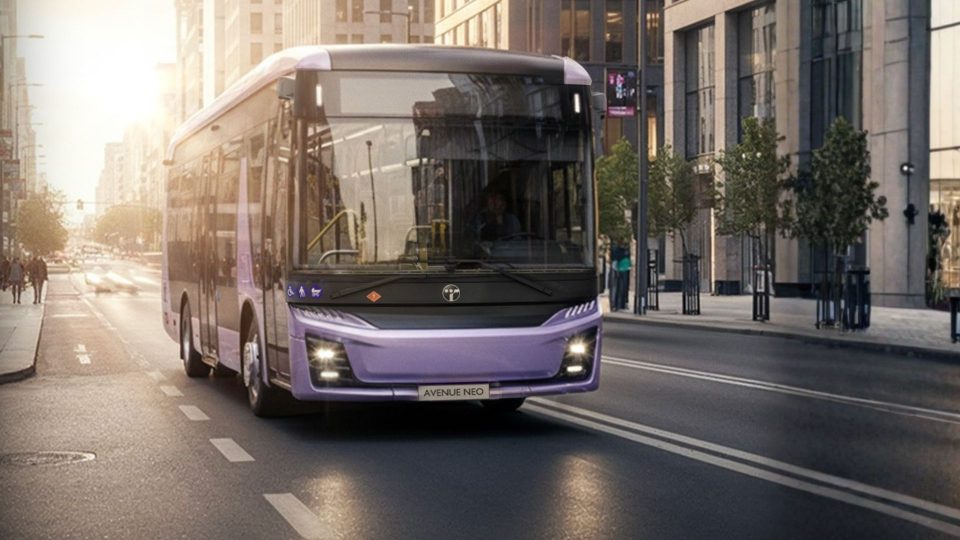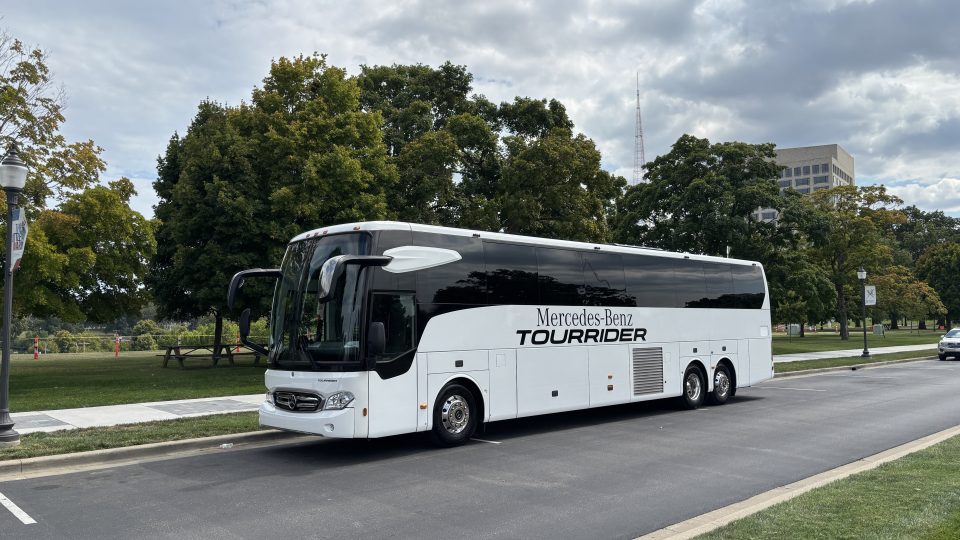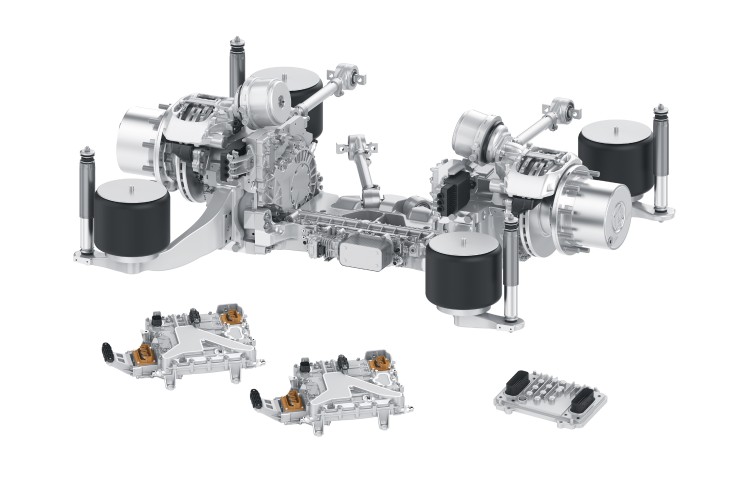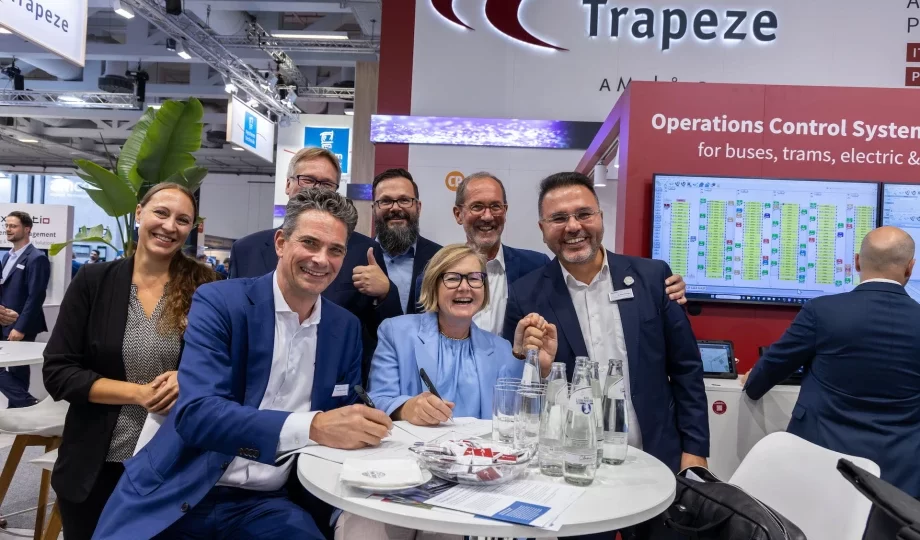80 million euros e-bus fund launched in Brazil, aiming to introduce more than 1,700 vehicles by 2030
An EUR 80 million Brazil E-Bus Credit Enhancement Fund has been established to accelerate the deployment of electric buses across Brazilian cities, aiming to introduce more than 1,700 vehicles and associated charging infrastructure by 2030. The fund, unveiled at the COP30 Local Leaders Forum, is expected to mobilize roughly EUR 450 million in private lending. […]
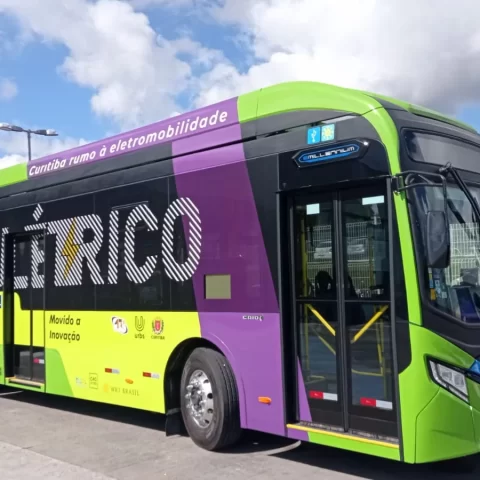
An EUR 80 million Brazil E-Bus Credit Enhancement Fund has been established to accelerate the deployment of electric buses across Brazilian cities, aiming to introduce more than 1,700 vehicles and associated charging infrastructure by 2030. The fund, unveiled at the COP30 Local Leaders Forum, is expected to mobilize roughly EUR 450 million in private lending.
The initiative was launched by Bloomberg Philanthropies in partnership with Brazil’s Ministry of Cities and Ministry of Environment and Climate Change, BTG Pactual, the Mitigation Action Facility (MAF), and WRI Brasil. It was developed in collaboration with ITDP Brasil, Catalytic Finance Foundation, and C40 Cities.
As of end September 2025, according to the figures from E-Bus Radar, backed by ZEBRA alliance, the country 1,290 electric buses in operation (including 333 trolleybuses), with local company Eletra covering a 65% share with 848 vehicles.
Just a few days ago São Paulo has surpassed the mark of 1,000 zero-emission buses in its municipal fleet (the city Transit Agency SPTrans – over 13,000 buses – had banned the procurement of new diesel buses already in 2022).
Public-private partnership for zero emission bus rollout
According to WRI Brasil, the fund targets a sector that accounts for nearly 90% of urban public transport in Brazil. The transition to electric buses is considered essential for meeting the country’s net-zero targets by 2050 while delivering tangible benefits for urban populations.
The fund addresses a key challenge for municipalities worldwide: financing low-emission transport infrastructure. The Brazil E-Bus Credit Enhancement Fund aims to mitigate this barrier by providing first-loss support and credit enhancement to senior investors, enabling public transport operators to secure financing for electric bus procurement and related infrastructure.
Anchored by a EUR 24 million commitment from BTG Pactual, Latin America’s largest investment bank, the initiative also relies on support from MAF through first-loss grants and technical assistance. The program is structured to facilitate the transition from diesel to zero-emission buses while supporting the development of local manufacturing capabilities and municipal policy frameworks.
Several Brazilian cities, including Rio de Janeiro, Salvador, Curitiba, and Belo Horizonte, are expected to be early participants. WRI Brasil will administer a EUR 25 million grant program to support fund establishment and provide technical assistance for project preparation and policy alignment.
The fund is designed as a replicable model for other countries seeking to unlock private finance for urban decarbonization. Stakeholders emphasize that the program also incorporates Gender Equity and Social Inclusion (GESI) considerations, ensuring opportunities for women and marginalized groups across bus manufacturing and operational roles.
“This initiative represents a practical step toward cleaner and more efficient urban mobility. Supporting the transition from diesel to electric buses helps reduce emissions, improve air quality, and modernize public transport systems. It is about aligning economic development with sustainability in a way that delivers long-term value for cities and communities,” says Roberto Sallouti, CEO of BTG Pactual.
“Brazil is showing how much progress can be made when cities and national governments work together with the private sector to find and implement climate solutions,” said Michael R. Bloomberg, UN Secretary-General’s Special Envoy on Climate Ambition and Solutions and Founder of Bloomberg L.P. and Bloomberg Philanthropies. “This fund will help to deploy zero-emissions buses in cities across the country, while also sending a message to the world that when it comes to global progress, the more nations look to local and private sector leaders as full partners, the faster we’ll move.”
“The Brazil E-Bus Credit Enhancement fund shows what can be accomplished when cities’ real-life investment opportunities and barriers to finance inform the design of private finance solutions,” said Mark Watts, Executive Director of C40 Cities. “C40 is proud to have contributed the data and analysis on city e-bus investment opportunities in Brazil to the design of the fund, drawing on our capacity building work with Brazilian cities in collaboration with the country’s Ministry of Cities, and building upon our leadership of the Zero Emission Bus Rapid-deployment Accelerator (ZEBRA), alongside the International Council on Clean Transportation (ICCT).”
“Almost 90% of public transport in Brazil relies on city buses,” said Luis Antonio Lindau, Director of WRI Brasil Ross Center for Sustainable Cities. “Enabling their transition to electric models is essential to improving the quality of life for millions of citizens and helping the country get on track toward net-zero by 2050. As countries and financial institutions move from commitments to action, blended finance mechanisms like this credit enhancement fund are key to making electric mobility a reality.”

